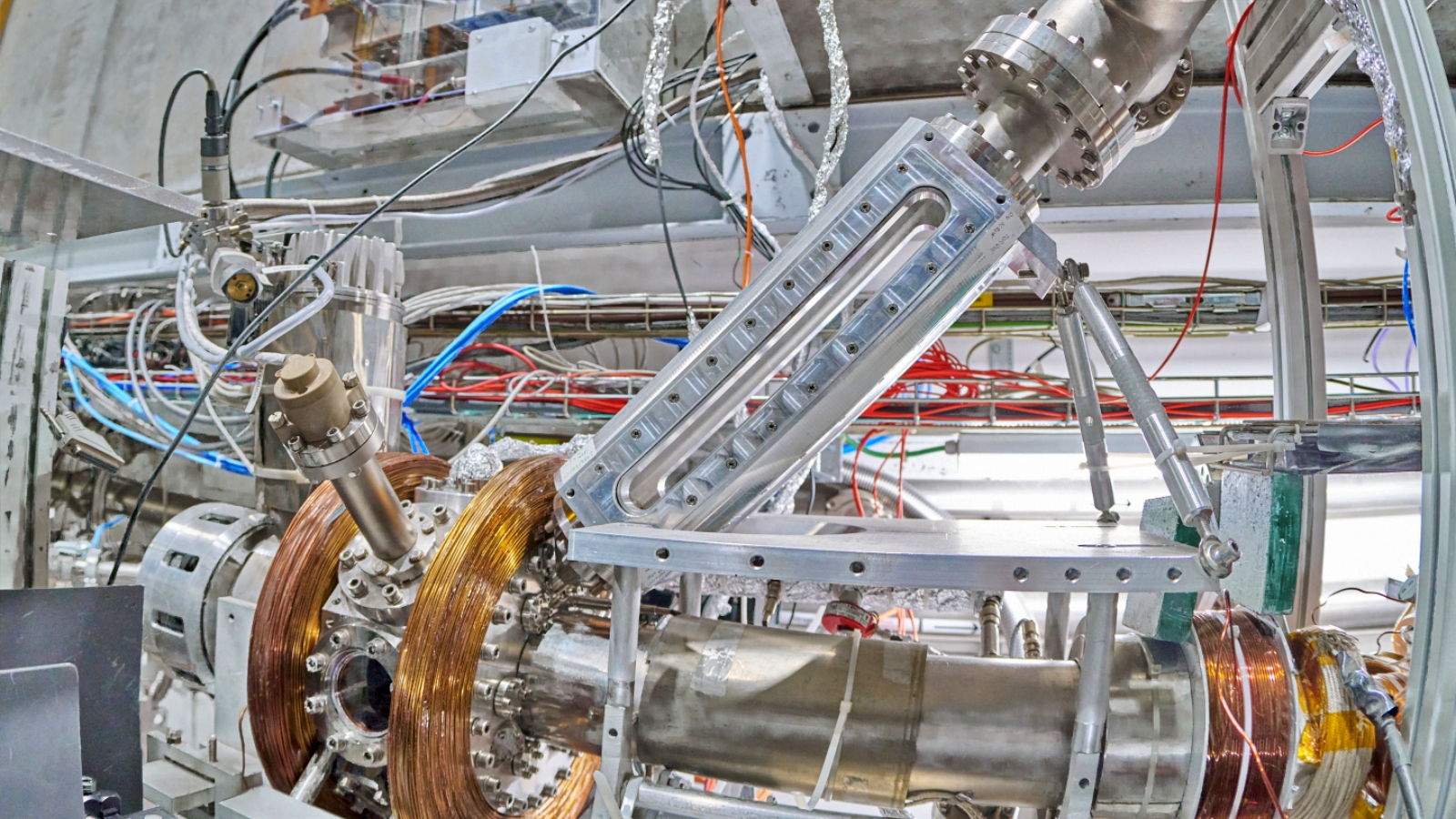In a groundbreaking achievement, an international collaboration of researchers, part of the ‘Antihydrogen Experiment: Gravity, Interferometry, Spectroscopy (AE¯gIS)’ project, has successfully demonstrated the laser cooling of Positronium. The European Organisation for Nuclear Research (CERN) conducted the complex experiments, marking a first in this field.
Positronium, a fundamental atom composed of an electron (e^-) and a positron (e^+), interacts through electromagnetic and weak forces. Unlike conventional atoms, Positronium uniquely consists solely of leptons—electrons and positrons—lacking the usual nuclear matter.
The breakthrough results from these experiments could pave the way for advanced studies, contributing to a better understanding of the physical nature involving matter and anti-matter, facilitated through the interaction between light and charged matter.
Sadiq Rangwala, a professor from the Light and Matter Group at Raman Research Institute in Bengaluru, is a part of the AE¯gIS collaboration, which includes physicists from 19 European groups and one Indian group. This achievement represents a significant step forward in the exploration of fundamental particles and their interactions, opening avenues for further research in the field.






